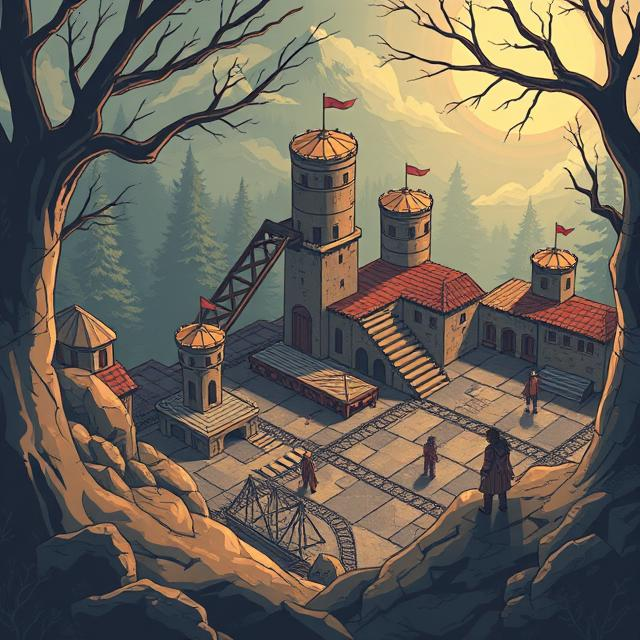Puzzle adventure games have captured the hearts of gamers by combining the intellectual satisfaction of solving puzzles with the immersive narrative and exploration of adventure games. These games often require players to think critically, observe their surroundings, and use their problem-solving skills to progress through a rich, interactive world. Titles like The Legend of Zelda: Breath of the Wild, The Witness, and Portal exemplify how puzzle mechanics can be intricately woven into the gameplay to create a deeply engaging experience.
One core mechanic in puzzle adventure games is environmental puzzles, which often require players to interact with their surroundings in creative ways. For instance, in The Legend of Zelda: Breath of the Wild, players must manipulate physics, water, and fire to solve environmental puzzles that open new pathways or unlock hidden items. These puzzles are designed to encourage exploration and experimentation, allowing players to approach them from multiple angles.
Another key mechanic is the progression of difficulty. Puzzle adventure games typically start with simpler puzzles that gradually introduce more complex challenges. This gradual increase in difficulty helps players feel a sense of accomplishment as they advance, while also providing them with the tools and knowledge needed to solve tougher puzzles later on. In games like Portal, players must master the mechanics of the portal gun before being faced with more intricate puzzles that require a deeper understanding of the game’s physics.
Storytelling is another essential component of puzzle adventure games. These games often use puzzles as a means to unfold the narrative, allowing players to discover bits of the story as they solve challenges. In games like The Witness, the puzzles are not only a gameplay mechanic but also a vehicle for exploring philosophical and existential themes, encouraging players to think deeply about the world around them.
Additionally, many puzzle adventure games incorporate inventory management or item collection as a way to enrich the puzzle-solving experience. Players often need to find specific items, combine them, or use them in the right context to solve puzzles. This adds an element of resource management and strategy to the gameplay, making each step feel rewarding and purposeful.
In conclusion, puzzle adventure games are beloved for their unique blend of intellectual challenge, narrative depth, and immersive world-building. The mechanics of these games encourage critical thinking, exploration, and creativity, making them some of the most rewarding experiences in the gaming world.

Leave a Reply